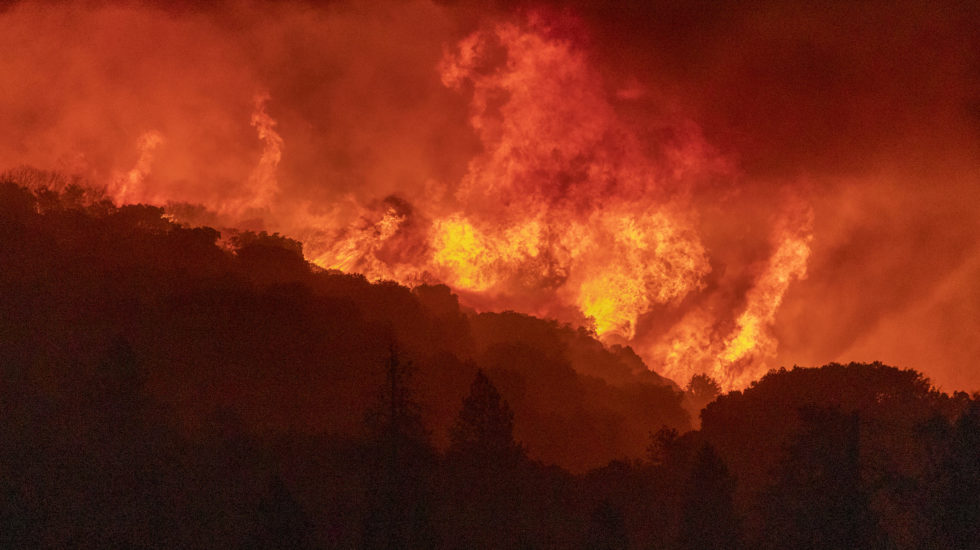President Joe Biden wants consumers, businesses, investors and the government to prepare for climate change. On Thursday, he signed an executive order aimed at identifying the economic risks from extreme weather and how the nation can prepare for them.
The order requires government regulators – including Treasury Secretary Janet Yellen – to present recommendations on how to mitigate the financial fallout from climate-related setbacks. Last week, the Environmental Protection Agency warned that Americans are already experiencing increased heat waves, wildfires, floods and other disasters related to climate change.
Business Insider explains that “after Texas’ huge winter storm in February, the state’s entire power grid shut down, costing residents huge electric bills. Biden’s executive order would work to prevent something like that from happening again.”
“Americans should be able to know the real risks that extreme weather and rising seas pose to the homes that they’ve invested in, or the small businesses that they’ve built up,” said National Climate Adviser Gina McCarthy. “Knowing the risks is the first step to actually addressing them.”
The executive order also requires National Economic Council director Brian Deese to explore how the U.S. can finance a transition to a carbon-free economy over the next three decades.
“Our modern financial system was built on the assumption that the climate was stable,” said Deese. “Today it’s clear that we no longer live in such a world.”
The New York Times emphasizes an aspect of Biden’s executive order that says the U.S. should consider requiring businesses to disclose their greenhouse gas emissions:
The emphasis on disclosure is crucial, said Mindy Lubber, chief executive officer and president of Ceres, a nonprofit group that works with investors to address the impacts of climate change. Faced with losing investors, customers and perhaps potential employees, companies with the biggest climate risks may feel pressure to modify their activities, she said.
It’s clear that climate change is already impacting the economy in many ways. In Florida, the demand for coastal real estate has not kept pace with more inland properties. Out west, some insurers are reluctant to issue fire protection. And banks have been offloading mortgages in flood zones.
“The cost of inaction is mounting already,” Deputy National Climate Advisor Ali Zaidi said last month. “And that’s why it’s time, over time, to take action and boost the American economy and set it up to to tackle the climate crisis.”



